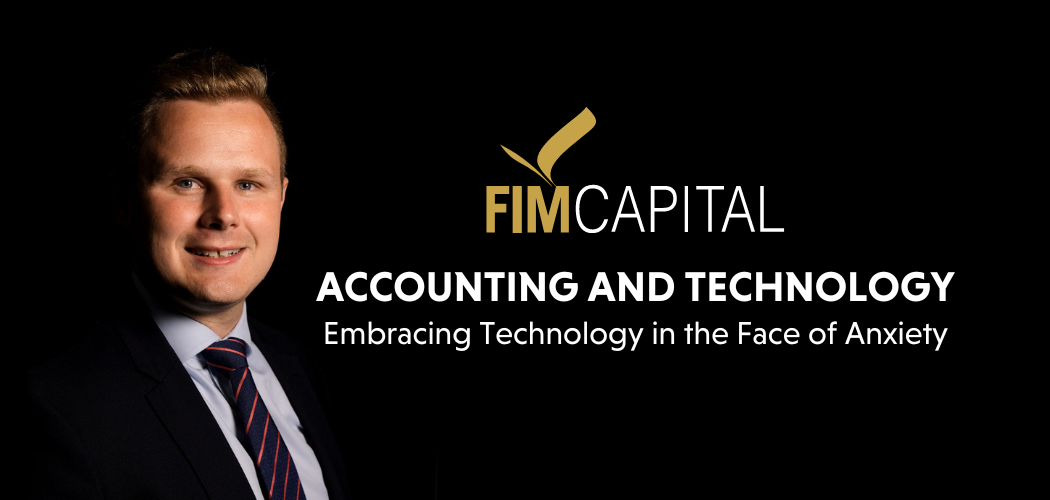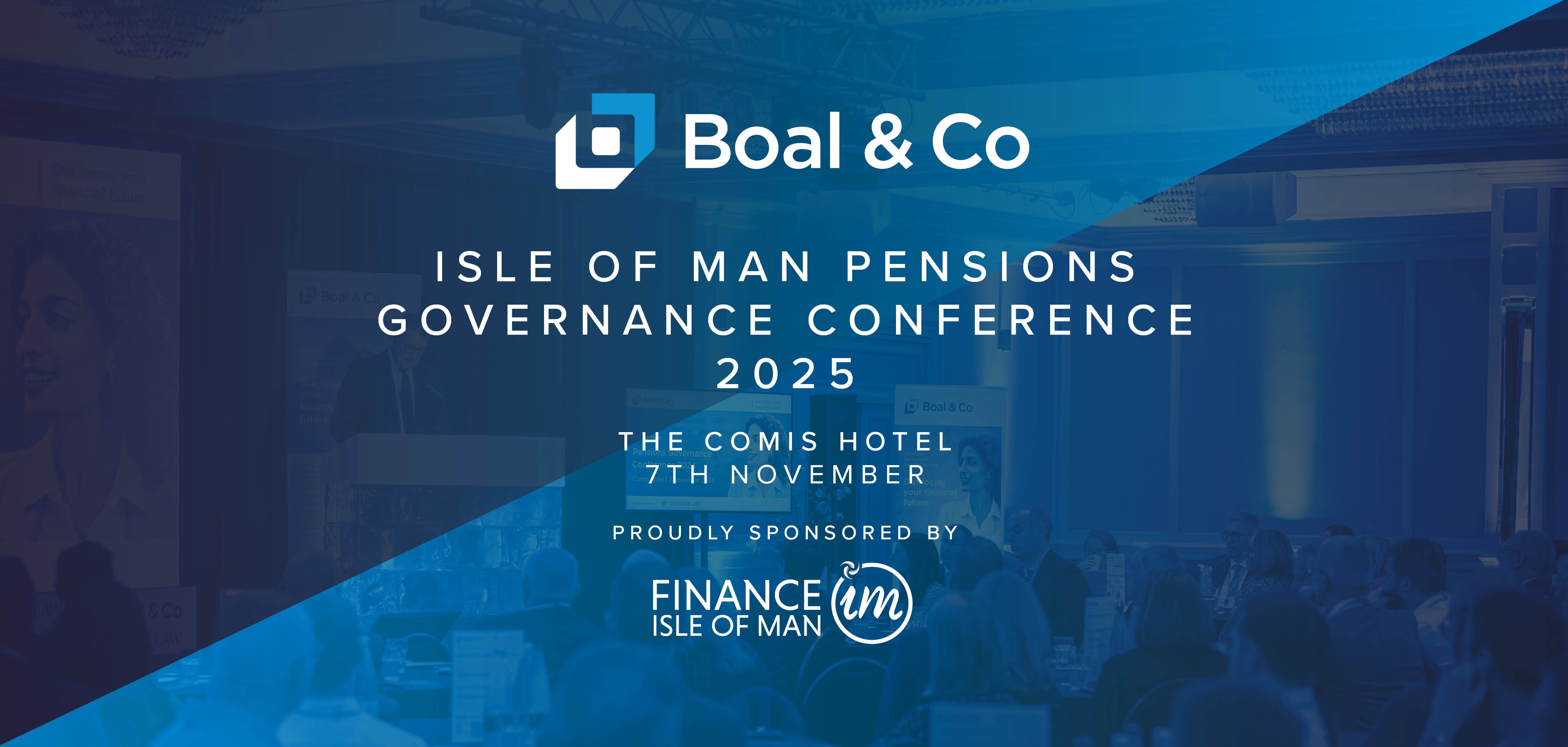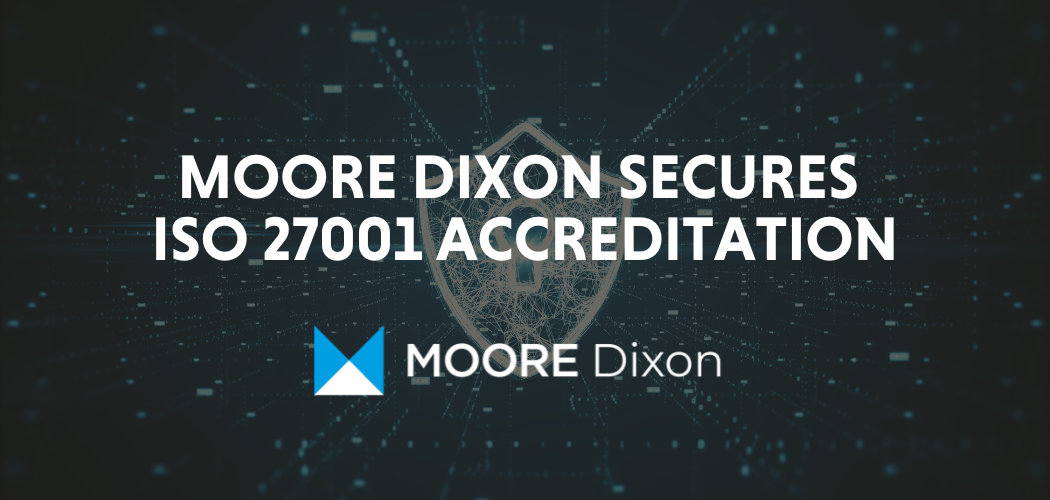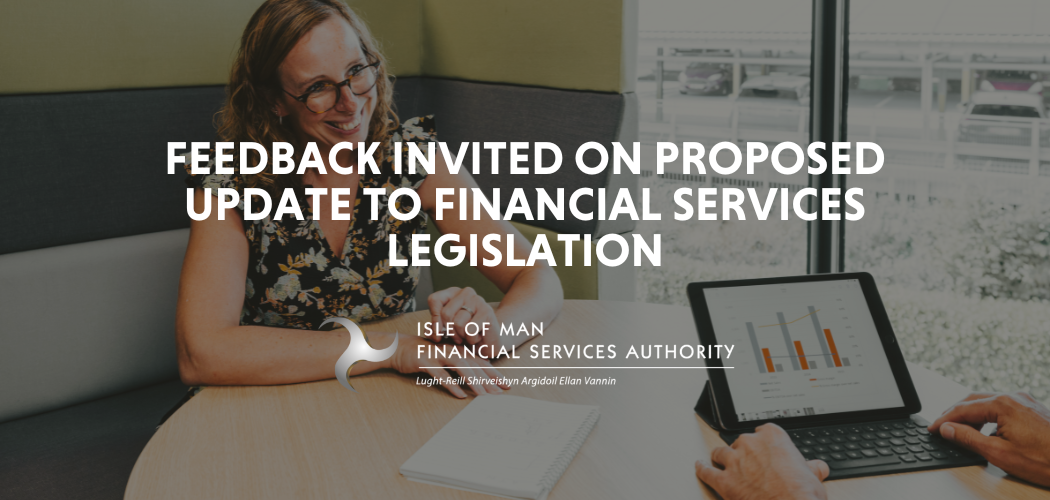Accounting and Technology - Embracing Technology in the Face of Anxiety
18 January 2024

Written by Jonathan Dixon, Head of Client Accounting at FIM Capital.
The Terminator (1984), The Matrix (1999), I, Robot (2004) and (in a more kid-friendly way) Wall-E (2008) are all blockbuster movies that tap into a real-world concern about the potential dangers of technology.
We feel this technological anxiety all around us, whether from these works of fiction or within the media. The accountancy profession is certainly not immune to this. By their very nature, accountants are generally conservative. It helps in their job after all. Through years of exams and continued professional development, accountants are sculpted to be cautious (known to those within the profession as "Professional Scepticism"). This scepticism maybe why accountants have historically been slow to take up technologies. Cloud accounting is a recent example of this. Now a widely-used technology, take-up was slow and not widely successful. Cloud accounting providers (Sage, Xero, etc.) had an incredibly difficult job changing industry-wide preconceptions and understanding about cloud-technology.
From a human point of view, the trepidation regarding technology is completely understandable. The idea of relinquishing control to a faceless software or technological agent is hard for many, let alone the accountants (who, as mentioned, have been trained to be sceptical). This trepidation manifests through a few key anxieties about the future of technology and the accounting profession.
Job displacement: If artificial intelligence and machine learning ("AI and ML") can perform an ever increasingly complex level of tasks, could the job displacement have far-reaching consequences over the profession and the wider business market?
Loss of human-centred services: By relinquishing control over processes to technologies, the profession risks losing an important element of human-centric services, leading to a dehumanised and impersonal industry. This is not where the industry should be heading.
Concerns about data security and privacy: Accepting technology also accepts data security and privacy risks. It is much more comforting to tangibly lock documents in a filing cupboard or lock servers in an office. Once data is in the cloud, surely anyone can get it. Can’t they?
The accounting industry is now operating in an environment where the focus appears to be on the acceleration of technological advancements. The pandemic has undoubtedly taken plaudits for this trend, but the underlying forces predate the pandemic. This environment will continue to build pressure on the profession and technological anxiety will only intensify. With this it is easy to feel like an "all or nothing" scenario with an ever-increasing gulf between those who have and those who have not. It is important not to cast aside this fear and anxiety but to recognise that it is not a straightforward battle between accounting and technology but rather a new collaboration. Accountants should reframe their anxieties and accept technology as a new business partner. In doing so, they take the first step to becoming future-ready.
Focus on the opportunities: Instead of worrying about job displacement, accountants should focus on the new opportunities that technology is creating. For example, accountants can use technology to develop new services for their clients and to expand their reach into new markets. No need to do more with less; rather, do more with the same.
Embrace the human element: Technology cannot replace the human element in accounting (the future depicted in I, Robot, and the Terminator is still far away). Accountants still need to be able to build relationships with clients, understand their needs, and provide them with personalised advice. More than ever, accountants must learn to embrace the human element of their profession by focusing on developing their soft skills, such as communication, problem-solving, and critical thinking.
Become a technology expert: Accountants who become technology experts will be in high demand. If we accept the risks surrounding data security and privacy, we must first understand them and learn how to address them. Technology should become a central part of accountants training and continued professional development.
Along with the wider market, the accounting industry is in the midst of a technological revolution, and the pace of change is only going to increase. While this may be a source of anxiety for some, it's important for accounting professionals to embrace a future-proof mindset and reframe these anxieties into something that they can move forward with. By doing so, they can position themselves for success in this rapidly evolving landscape.





